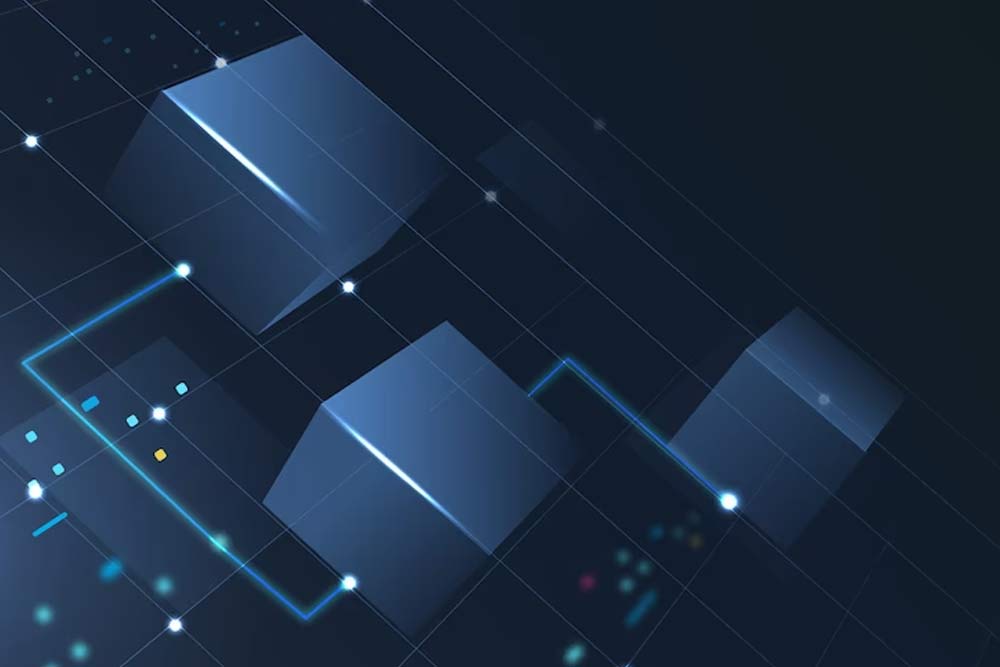A new paradigm is emerging, known as DAO or Decentralized Autonomous Organizations. This revolutionary concept encapsulates the essence of decentralized decision-making, where rules are meticulously encoded as computer programs on a blockchain. The driving force behind DAOs lies within the collective power of organizational members rather than centralized authorities. Imagine it as a digital-age business entity, orchestrated on the internet and governed by the principles of blockchain technology.
The Essence of DAO: A New Age of Collaboration
A DAO is an organization powered by technology and blockchain, manifesting a new legal structure. The heart of DAOs lies in the shared commitment of its members, all working towards a common goal that aligns with the entity’s best interests. This innovative organizational structure has gained prominence within the crypto community, driven by the philosophy of bottoms-up management. In essence, DAOs are an intelligent way to harness the potential of visionary minds.
Cracking the Code: How Does DAO Operate?
DAOs operate through the intricate interplay of smart contracts and digital agreements executed on the blockchain. These contracts dictate decision-making processes based on real-time activities registered on the blockchain. For instance, imagine a scenario where a company aims to control the supply and pricing of specific products. In a DAO setup, members vote, and their voting power is proportionate to the number of tokens they hold. The consensus reached through these votes guides the organization’s decisions.
The entire voting process is documented on the blockchain, often involving choosing between exclusive options. Members with more tokens wield greater influence in shaping decisions. This mechanism encourages active participation, as individuals have a financial stake in the organization’s success. Moreover, transparency is upheld as the voting process is publicly accessible, reducing the likelihood of manipulation.
Unveiling the Theory Behind DAOs
The underlying principle of DAOs hinges on the premise that monetary investment translates into a vested interest in the organization’s well-being. DAOs possess treasuries funded through fiat currency exchanges. The allocation of these funds is a decision undertaken collectively by the members.
Strengths of DAO: Building a Collaborative Future
DAOs offer many advantages, making them a compelling choice for many organizations. Here’s a glimpse into the strengths of the DAO structure:
- Decentralization: Unlike traditional hierarchies, DAOs empower members by decentralizing decision-making. This collective approach ensures that decisions reflect the consensus of the majority rather than being dictated by a single authority.
- Participation: Granting members decision-making rights fosters a sense of empowerment and connection to the organization. Participants are likelier to be engaged and committed when their opinions hold weight.
- Transparency: Through blockchain technology, the voting process becomes transparent and tamper-proof. This transparency safeguards against decisions that may not align with the entity’s best interests.
- Global Community: DAOs transcend geographical boundaries, fostering an international community united by a shared vision. This inclusivity promotes collaboration across diverse backgrounds and perspectives.
Weaknesses of DAO: Navigating the Challenges
Despite its potential, DAOs are not immune to limitations:
- Speed: Traditional organizations can expedite decision-making through a single authority. DAOs, on the other hand, involve multi-step voting processes that may extend across time zones, potentially delaying crucial decisions.
- Education: Educating members about ongoing entity activities becomes challenging due to varying backgrounds and accessibility. Unlike a single CEO, disseminating information to a diverse membership requires careful planning.
- Inefficiency: The multi-step decision-making process within DAOs can lead to inefficiency. Coordinating with many members can result in delays, hindering the swift implementation of changes.
- Security: The security vulnerabilities inherent to digital platforms extend to DAOs. Implementing a secure DAO requires technical expertise to prevent potential exploits, loss of funds, or unauthorized access.
DAO vs. Traditional Organizations: Bridging the Gap
DAOs offer a revolutionary alternative to traditional organizational structures. Unlike conventional setups that demand substantial trust, DAOs rely on verifiable and transparent code, opening avenues for global collaborations. Ethereum, an essential player in the crypto realm, serves as the bedrock for many DAOs. With its distributed network and robust smart contract capabilities, Ethereum provides the ideal foundation for flourishing DAOs.
Embracing the Future with DAOs
As the world hurtles towards decentralized money and decision-making, DAOs spearhead the charge. These dynamic entities continue to evolve, adapt, and shape the future of decentralized organizational structures. With DAOs, the power to influence and contribute transcends geographical boundaries, bringing together visionaries from around the world. As decentralized systems continue to gain momentum, DAOs stand as a testament to the potential of collaborative innovation.

